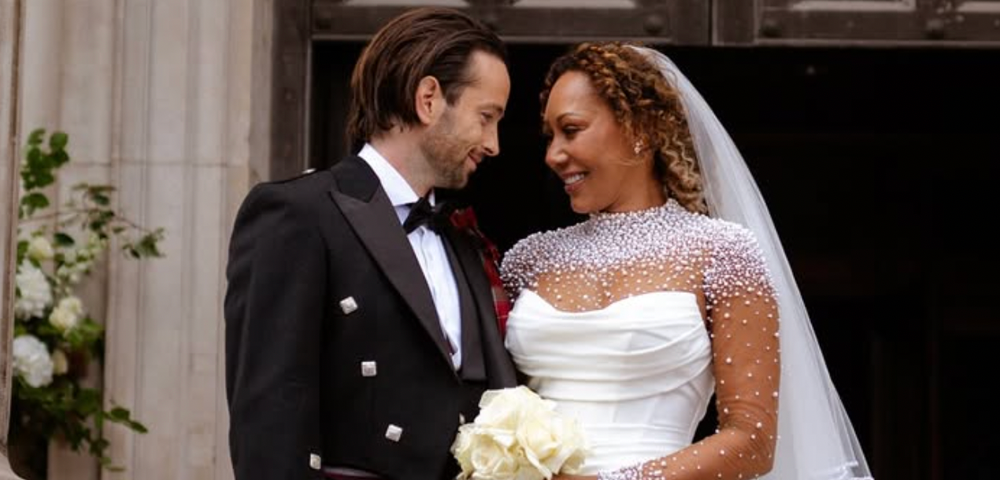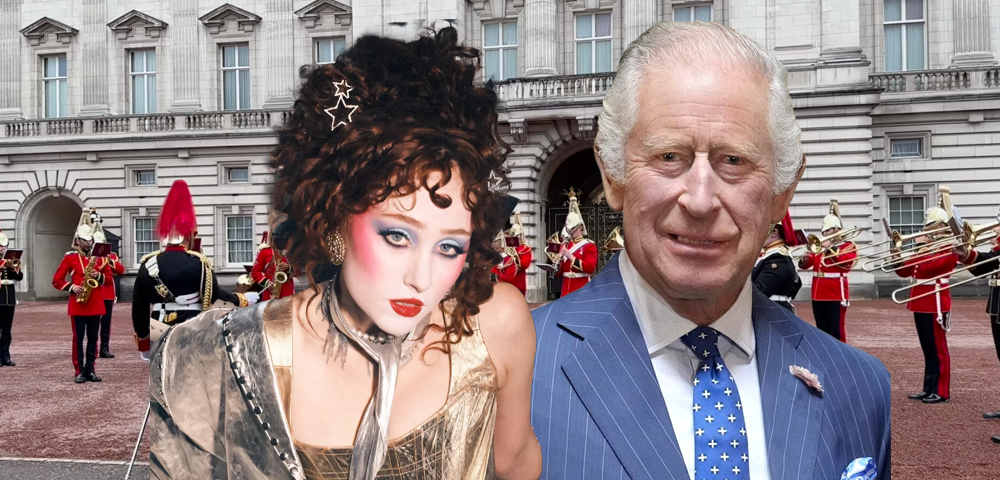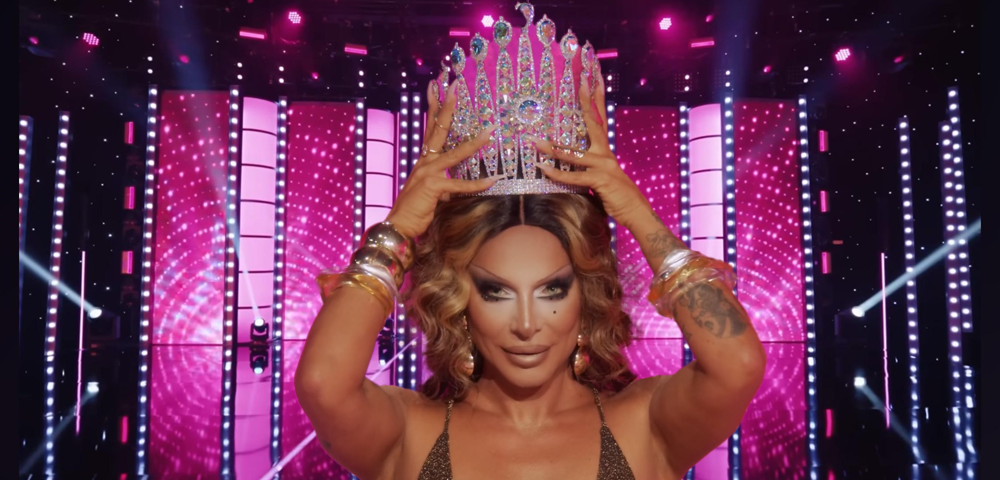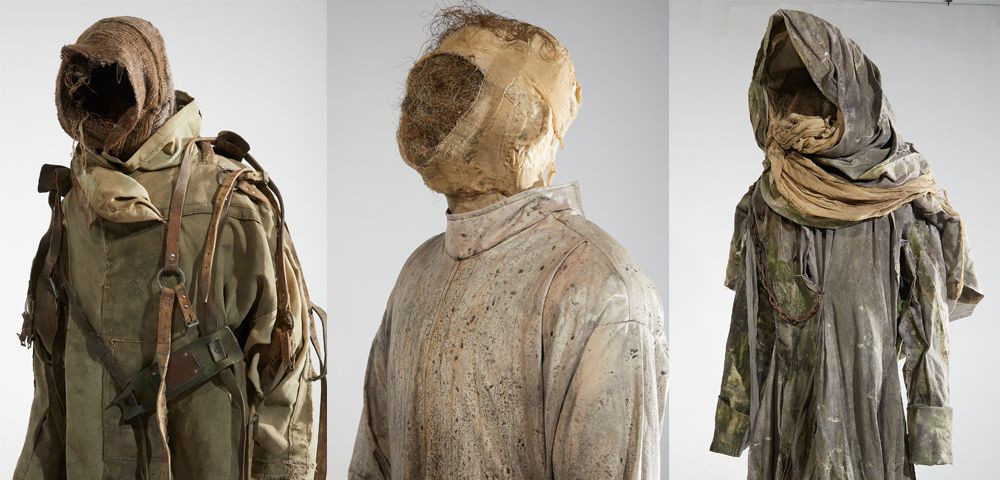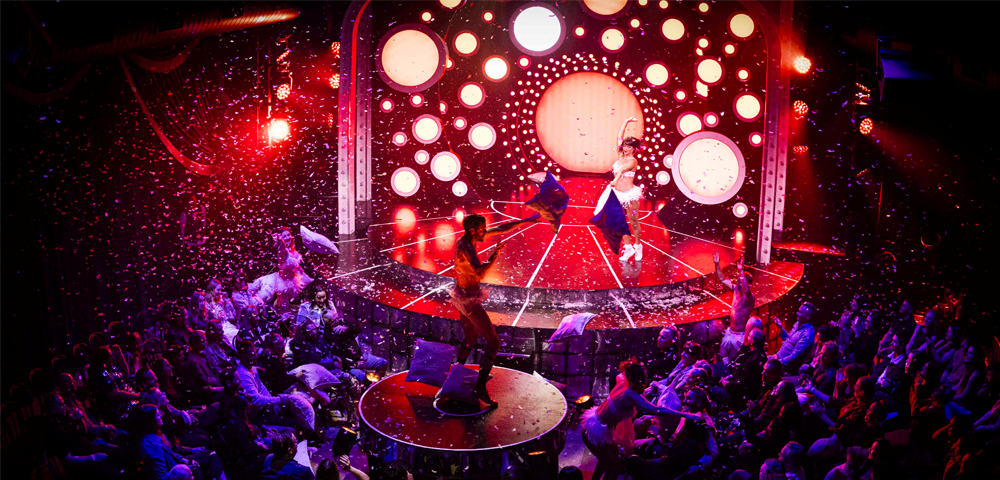
Gay twist in steely tale
Fantasy novelist Richard Morgan is back with a new novel -” but this time there’s a gay twist. The Steel Remains follows war hero Ringil through his string of passionate encounters, spine-chilling hardships and discoveries within the tumultuous slave trade, which ultimately shapes the narrative.
In writing fiction, Morgan said you sometimes get hold of a character or a theme, and it’s like pulling on a thread that just keeps unravelling.
I was trying for a sense of the forgotten hero, the man of great strength and courage who’s been driven completely to the margins of the society he once helped saved, Morgan told Sydney Star Observer.
That required a stigma of some sort, and sexuality was an obvious choice, but actually I wrote the lines about lusting after stable boys who will always be gone with the dawn before I’d really thought it through.
If Ringil is gay and a social outcast because of that predilection, you immediately have a whole thicket of assumptions to work with, about that society and how it works, about Ringil’s motivations for fighting in the first place, about what has kept him alive this long, about the strengths this illicit element to his character will give him as well as the vulnerabilities.
The title was inspired by the idea of steel as a double-edged metaphor for both enduring strength and ineradicable brutality. The overall sense of the book is that once you’ve injected those elements into an individual or a society, it never goes away.
Morgan said his challenge while writing the novel came via tackling the subject matter.
Well, for me, being straight, the obvious difficulty is making the reach to write a gay character with credibility, he said.
Then again, the positive side of that is that it’s a challenge, it forces you to stretch yourself, and the pay-off if you do it right is that quiet sense of craftsman’s pride.
I think fortunately we’ve reached a point, in the UK at least, where overt homophobia is just not acceptable within the literary community, so any negative impact has been limited to some rather queasy comments about gratuitous sex scenes.
In the past Morgan has been criticised for writing explicit sex scenes, which appear again in this latest work. He disagrees with the nay-sayers, replying with the fact the scenes serve the function of the story, but within that context they’re supposed to affect you the way viewing a similar act would in reality.
Fiction is all about generating an emotional response to a similitude of reality. So I try to make my sex scenes arousing, in the same way I try to make my scenes of violence horrific and sickly exhilarating at one and the same time, because that’s the way those things play out in the real world, he said.
I had to think it through quite coldly, working from what I know through gay acquaintances and extrapolating from acts which are common to gay and straight sex.
In the end it took several passes and quite a while, and when I was done I sent it to a gay friend and asked for feedback -” he told me, -˜It worked, the scenes were quite horny.’
info: The Steel Remains is out now. Details: www.hachette.com.au.




